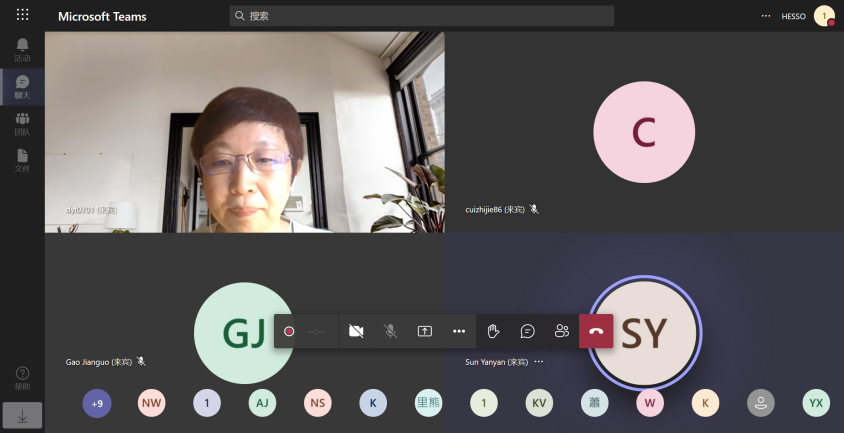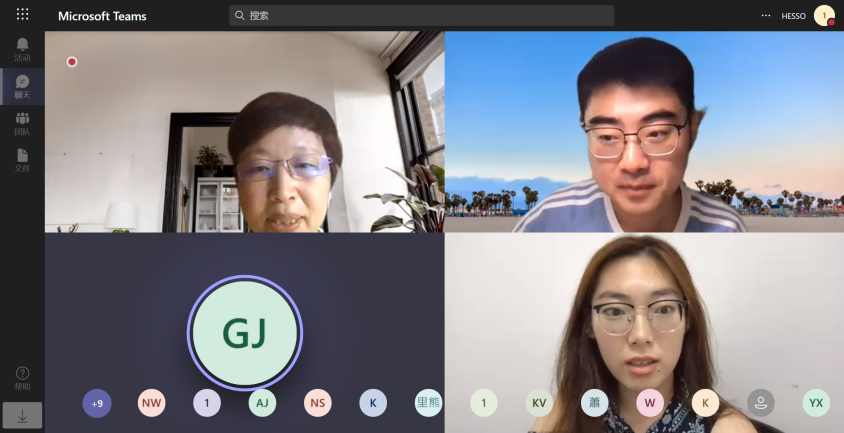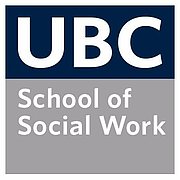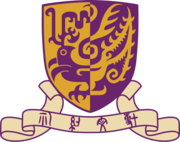-
Review of the Lecture 10: Practice and Reflection of Online Social Work Supervision
At 1:00pm on July 20, the 10th and the last lecture of 2021 international Summer University was held. The theme of the lecture was“Practice and Reflection of Online Social Work Supervision”, and the lecturer was Professor Dong Yunfang from the Department of Social Work at Shandong University of Finance and Economics.
Professor Dong first gave an overview of the background, objectives, participants, content and form of the offline social work supervision project in the case of epidemic crisis.In terms of background, based on the large-scale OUTBREAK of COVID-19 in Wuhan in early 2020, Professor Dong mainly introduced local residents, local social workers, China Association for Social Work Education and local government departments. Professor Dong pointed out that the goal of online supervision mainly is to help the social worker in Wuhan to relieve stress, improve the effectiveness of social work services in Wuhan city, explore the service mode and supervision mode ofsocial work in response to the public emergency and promote the construction of local social work supervision knowledge system. The form of supervision mainly uses WeChat group for group supervision and WeChat and telephone for personal supervision. In the meantime, she introduced the specific content of supervision, process and specific problems encountered.

After giving a general overview of the online supervision project, Professor Dong shared the effects, advantages and obstacles of online supervision. Professor Dong pointed out that online supervision has built a cross-professional and cross-regional supervision mode, alleviated the work pressure of social workers in Wuhan and helped them solve many difficulties in their work, which has enhanced the social influence of social work in China and opened a new era of online social work supervision.
At last, Professor Dong summarized the lecture and raised high expectations for the students, hoping that they could contribute their professional knowledge to the fight against the epidemic. After the lecture, the students communicated with the teacher about the issues they were interested in. Someone asked the teacher how the online social work supervisor could solve the emotional problems of the frontline social workers without face-to-face contact. The teacher answered the questions raised by the students, and the students benefited a lot.

The online summer course was coming to an end, and everyone has gained a lot through the online platform learning, including the gain of the conduct codes of teachers and students in the online classroom. According to the Codes of Conduct for Online Classes from various institutions and countries, students should be on time for all Online Classes and let the relevant teacher or academic administration know if they cannot attend a class for any reason by emailing. Even though no regular face-to-face classes are required in online courses, instructors are able to track activities online of students, will be taking daily attendance several times per class and will maintain a detailed record of their attendance which will affect grade and perhaps continued participation in school. During periods of synchronous online classes, it is required that students should be live on camera the entire time that the class is in session. Instructors will be cognizant of their presence and are required to maintain an ongoing record of their adherence to this policy. For students,keep image “live” during class sessions. It is important to make eye contact into camera to demonstrate their commitment to learning to classmates and teacher. Students should comply with the rules teacher will establish inside the online classroom, e.g. your audio/video settings and how to ask questions or interject during a live session. It is prohibited to take screenshots of, or record any of the e-resources used within the course. The teacher may, however, choose to record sessions for students to watch remotely or to use for subsequent groups for educational purposes.
In this summer school, the above norms can be paid attention to and abide by, but there are still some non-standard phenomenons. It is hoped that online courses can better practice online course norms in the future, so as to enhance the standardization and effectiveness of online learning.
Written by Minghui Zhao, Xinyang Zhou (MSW student, SDU)
July 21, 2021











